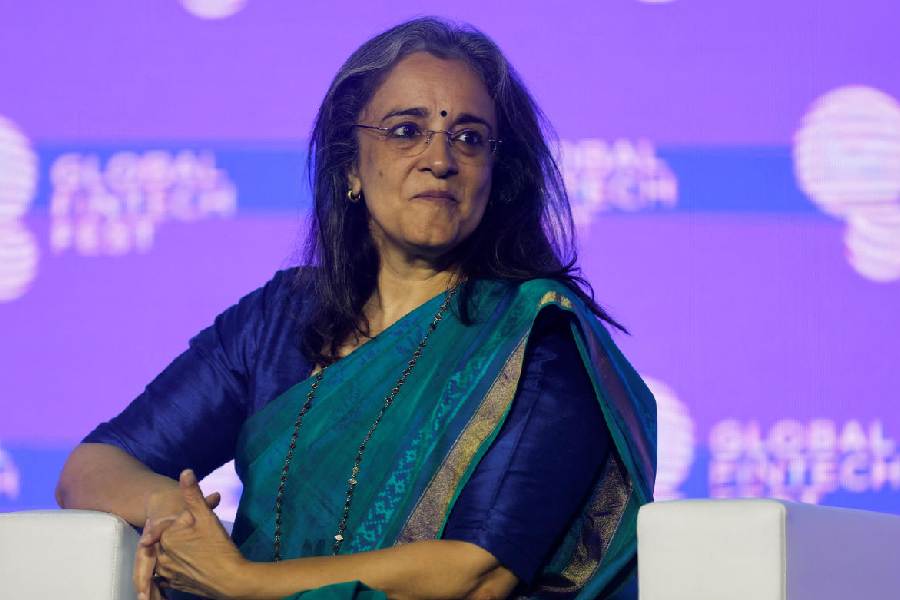The Narendra Modi government has started hunting for a new chairperson for the market regulator, the Securities and Exchange Board of India (Sebi).
On Monday, the finance ministry came out with an advertisement seeking applications for a new Sebi chief.
“Government of India invites applications from eligible candidates for filling up the post of Chairman in Securities and Exchange Board of India (Sebi), Mumbai,” said an advertisement issued by the department of economic affairs (financial markets division).
The appointment will be for a maximum period of five years or till the appointee attains the age of 65 years, whichever is earlier. The last date for filing applications is February 17.
The decision means that Madhabi Puri-Buch, who has been steeped in controversy over a conflict of interest arising from her investments routed through a couple of offshore funds, isn’t going to get an extension at the end of her three-year term that ends on February 28.
Last August, US-based short seller Hindenburg Research had alleged that Puri-Buch and her husband Dhaval Buch had investments in obscure offshore entities in Bermuda and Mauritius that were also used by Vinod Adani, elder brother of Gautam Adani, to funnel money into the Indian stock markets.
Puri-Buch had said in her defence that the investments had been made and redeemed before she was appointed the Sebi chief.
There has always been an insinuation that those links had compromised the market regulator’s investigation into Hindenburg’s explosive accusations that the Adani group ramped up the stock prices of group firms and violated the minimum public float rules.
“The chairman should be a person who does not and will not have any such financial or other interests as are likely to prejudicially affect his function as the chairman,” the advertisement said.
The ministry said the candidate should have “high integrity, eminence and reputation, preferably above 50 years with more than 25 years of professional experience”.
Further, the candidate should have the capacity to “deal with problems relating to securities markets, or have special knowledge or experience of law, finance, economics, or accountancy which in the opinion of the central government shall be useful to the board”.
The Sebi chief will receive a pay equivalent to that of a secretary to the government of India, which is ₹562,500 per month (without house and car), the advertisement said.
The Sebi chairperson will be appointed on the recommendation of the Financial Sector Regulatory Appointments Search Committee (FSRASC). The government, however, said the committee would be free to recommend any other exceptional person who had not applied for the post.
Puri-Buch assumed the role of Sebi chairperson on March 2, 2022, for a period of three years. Prior to this, she was a wholetime member at Sebi for five years, from April 2017 to March 2022.
Puri-Buch won plaudits for quickening the settlement of trades in the market, instilling confidence in new retail investors who were drawn to the markets because of the exceptionally high returns. She first introduced the T+1 settlement in January 2023 (which means shares were delivered a day after the trade was executed).
Subsequently, the market regulator rolled out a T+0 settlement cycle (where trades are settled on the same day) for the top 500 stocks on an optional basis.
The big question now is whether Sebi will come out with its final report on the Adani probe before Puri-Buch leaves office.
Sources said the submission of the report was not linked to her term in office. “If an official from Sebi is investigating the matter, he or she will not rush just because the term of the current Sebi chairperson is coming to an end,” a source said.
Puri-Buch was embroiled in another controversy last year when close to 500 employees wrote a letter to the finance ministry accusing the top management of fostering a toxic work culture.










